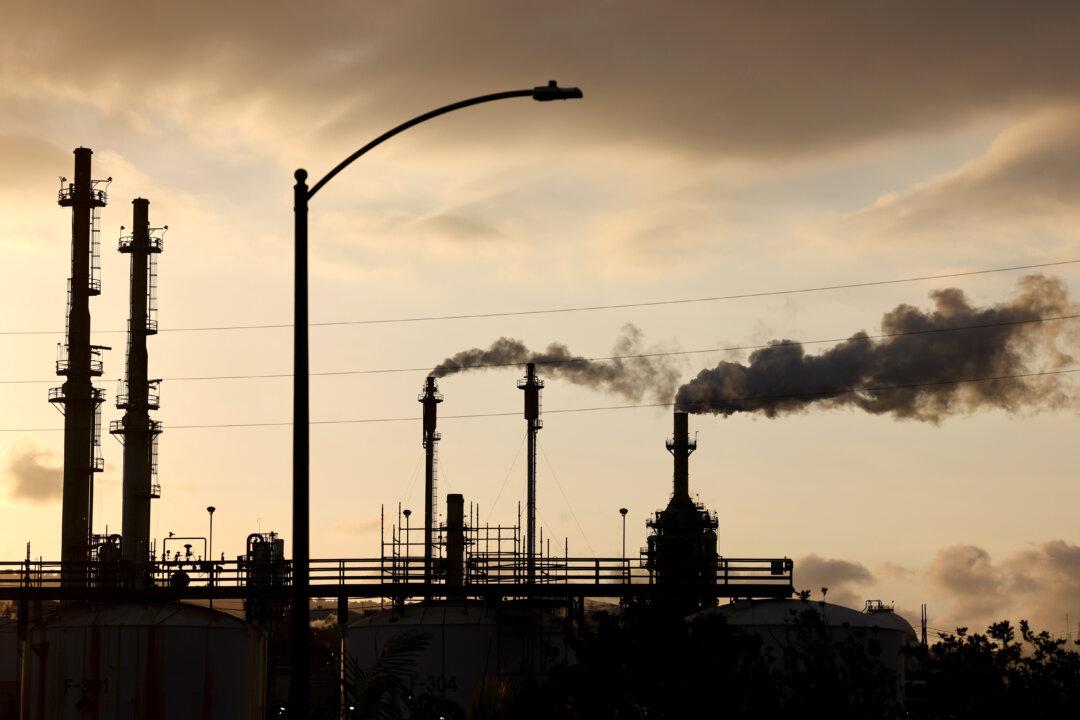Commentary
Sometimes you read an article and you just know it’s going to be highly influential. One just published is, “California’s pension funds are wrecking the planet and losing billions. It’s quite a trick,” by Bill McKibben, a well-known environmentalist, in the Los Angeles Times. He’s pushing California’s Senate Bill 252, by state Sen. Lena Gonzalez (D-Long Beach). It would, in the bill’s words, require the pension boards “to liquidate investments in a fossil fuel company on or before July 1, 2031.”





